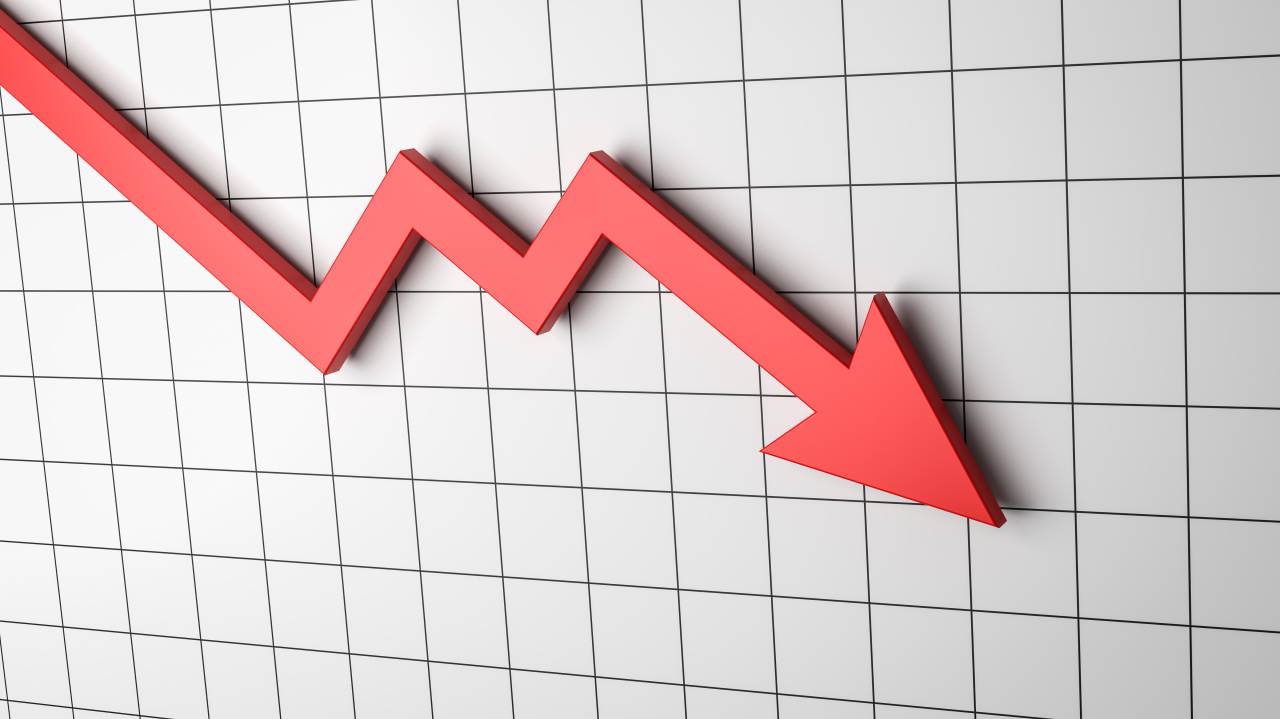South Korea’s composite consumer sentiment index fell in May for the first time in six months, due to a slowing economy, volatile stock market and concerns over the escalating trade war between the US and China.
The Bank of Korea said Tuesday that the CSI -- which measures consumers’ optimism about the economy -- came to 97.9 for May, down 3.7 points from the previous month.
It marks the first decline in the index since November 2018, when it fell to 95.7. It had been on a five-month upward streak, until the retreat this month. The dip itself was also the biggest since July 2018, when it dropped by 4.6 points from a month earlier.
 |
(123RF) |
A reading above 100 means more people feel optimistic about the economy, while a score below 100 means negative views on the economy prevail.
The central bank attributed the slump to public’s negative perceptions on the escalating US-China trade dispute, sluggish domestic economic growth and falling stock prices.
Concerns over rising prices of imported products amid a weakening Korean won also brought down people’s outlook on their own financial condition, contributing to the fall, the BOK explained.
All the six indicators that make up the CSI fell from the previous month, the data showed.
Consumer sentiment about current livelihood and economic conditions came to 91 in May, down two points from a month before. More people expected their income to decline over the next six months, with the outlook subindex declining from 99 in April to 97 in May.
Another subindex gauging people’s expectations of their living conditions six months down the road declined three points to 92 over the same cited period.
The subindex measuring people’s overall evaluation of the current economy dropped to 69 in May, down from 74 recorded the previous month. Expectations on improvements to the economy in six months also declined from 81 to 75 in the cited period.
The CSI figures come as Korea’s economy shrank 0.3 percent on-quarter in the first three months of this year, owing to a sharp drop in exports and slowing capital investments.
Last month, the BOK lowered its growth outlook for the year to 2.5 percent, down from its 2.6 percent outlook in January, citing economic uncertainties and weaker-than-expected exports.
Meanwhile, consumer sentiments about the housing market improved. The subindex jumped six points to 93, as expectations were buoyed by the rising prices of apartments in central Seoul.
By Sohn Ji-young (
jys@heraldcorp.com)








